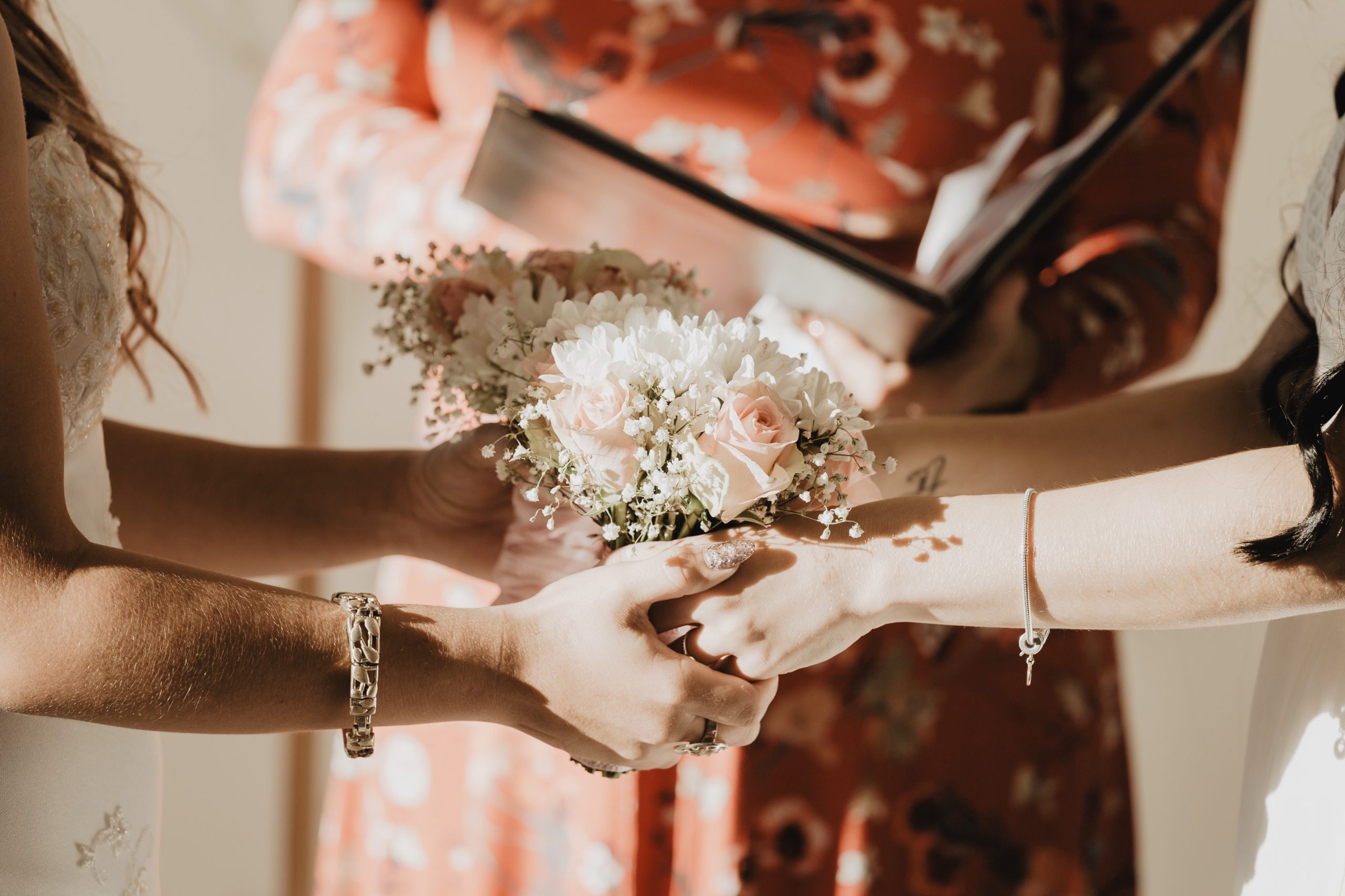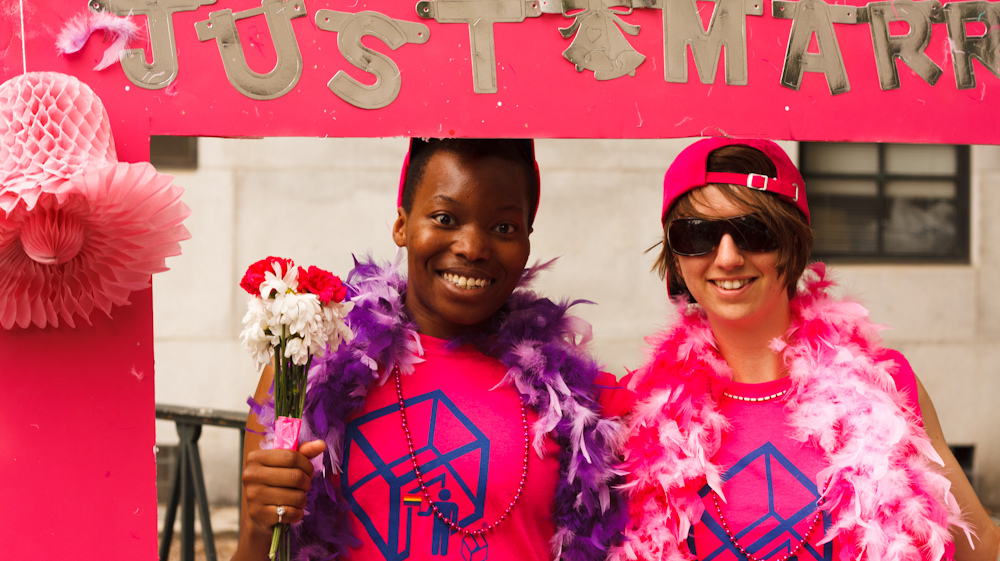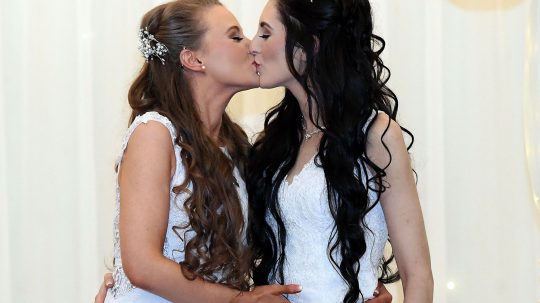Same-sex couples will be able to get married in Church of Scotland services conducted by Ministers and Deacons after the General Assembly in Edinburgh voted to change church law on 23 May. Clergy can apply to become celebrants to conduct same-sex marriages, though they may choose not to opt in.
Article 12 of the Human Rights Act 1998 (HRA) states that men and women of marriageable age – over 18 in most parts of the UK – have the right to marry. Though this refers to men and women, Article 14 of the Act requires that all of the rights and freedoms set out in the Act must be protected and applied without discrimination.
This right to marry extended to same-sex couples under the Marriage (same-sex couples) Act 2013 in England and Wales and the Marriage and Civil Partnership (Scotland) Act 2014, as well as trans people under the Gender Recognition Act 2004. Same-sex marriage was legally recognised in Northern Ireland under an amendment to the Northern Ireland (Executive Formation etc) Act 2019.
However, the Marriage Act and Civil Partnership Act includes a religious protection clause which states that a person is under no obligation to conduct a same-sex marriage, as does the equivalent legislation in England, Wales and Northern Ireland. Neither the Church of England nor the Church in Wales permits Ministers to carry out same-sex marriages in parishes, though the Church of Wales does allow Ministers to carry out a blessing as part of the service. A YouGov survey conducted in March found that more than half of Anglicans believed that same-sex marriage is a right.
Article 9 of the Human Rights Act protects the right to freedom of thought, belief and religion, though this right does have restrictions if it interferes with the rights and freedoms of others.
A positive step for Scottish rights
The Church of Scotland follows the Scottish Episcopal Church, the first branch of the Anglican church in the UK to welcome same-sex marriage. The Methodist Church, the Quakers in Britain and the United Reformed Church also allow same-sex marriage services.
A spokesperson for the Equality Network, A Scottish LGBT+ charity said: “[We are] of course happy that the Church of Scotland General Assembly voted to allow ministers who choose to do so, to solemnise same-sex marriages. For some within our community, this is very important and we recognise that. We also recognise the positive progress made in Scottish society that has brought us to this point, and the work still to be done.”
‘We should be able to get married like anyone else’
Lexi, who is training to be a deacon, and her partner Johanna, a junior doctor, met at church. The couple, who have just moved to a parish in Wythenshawe, Greater Manchester, are engaged and will have a civil partnership in March 2023.
Ministers and deacons in the Church of England are currently forbidden to conduct same-sex services or get married to a member of the opposite sex, even in a secular service.
Hearing the news from Scotland, Johanna told us that she felt “a bit jealous”, but also “hopeful”. She said that she had had to get used to the idea that if she wanted to be with Lexi, she would not be able to marry her.
“It’s very easy for us to feel impatient. However, the fact that the ball is rolling in the right direction is really helpful.”
Lexi said that the move put pressure on the Church of England, but acknowledged its unique position in the Anglican communion.
“We would like to be able to mark that commitment to each other in front of God and our family in the place we met – just like anyone else,” she said.
“But we’re making this commitment and it’s as much of a commitment as a heterosexual marriage.”
The couple, who are committed to making the church a community space in Wythenshawe, will keep flying the flag for same-sex marriage in the church.
“So many people fought for so long before us,” said Lexi. “We feel a sense of responsibility taking that baton forward.”





